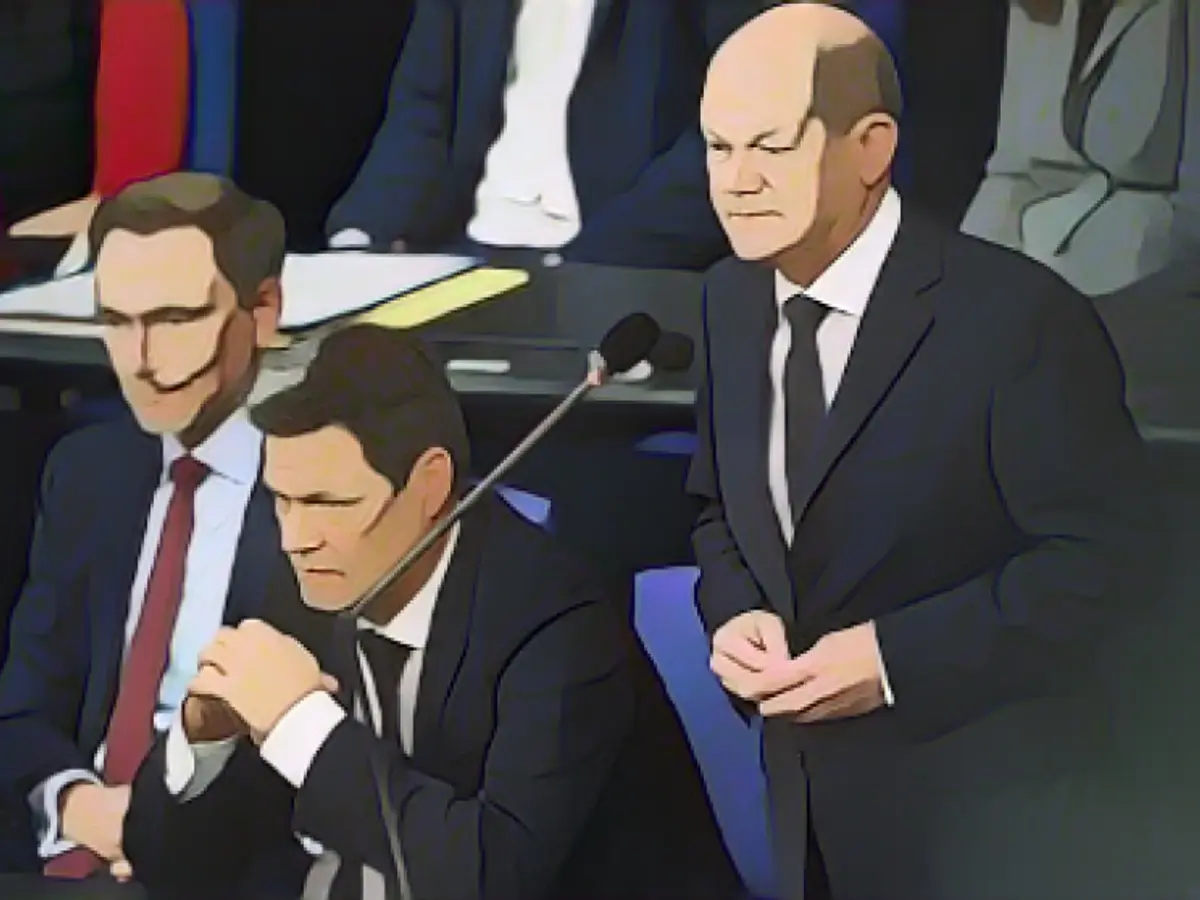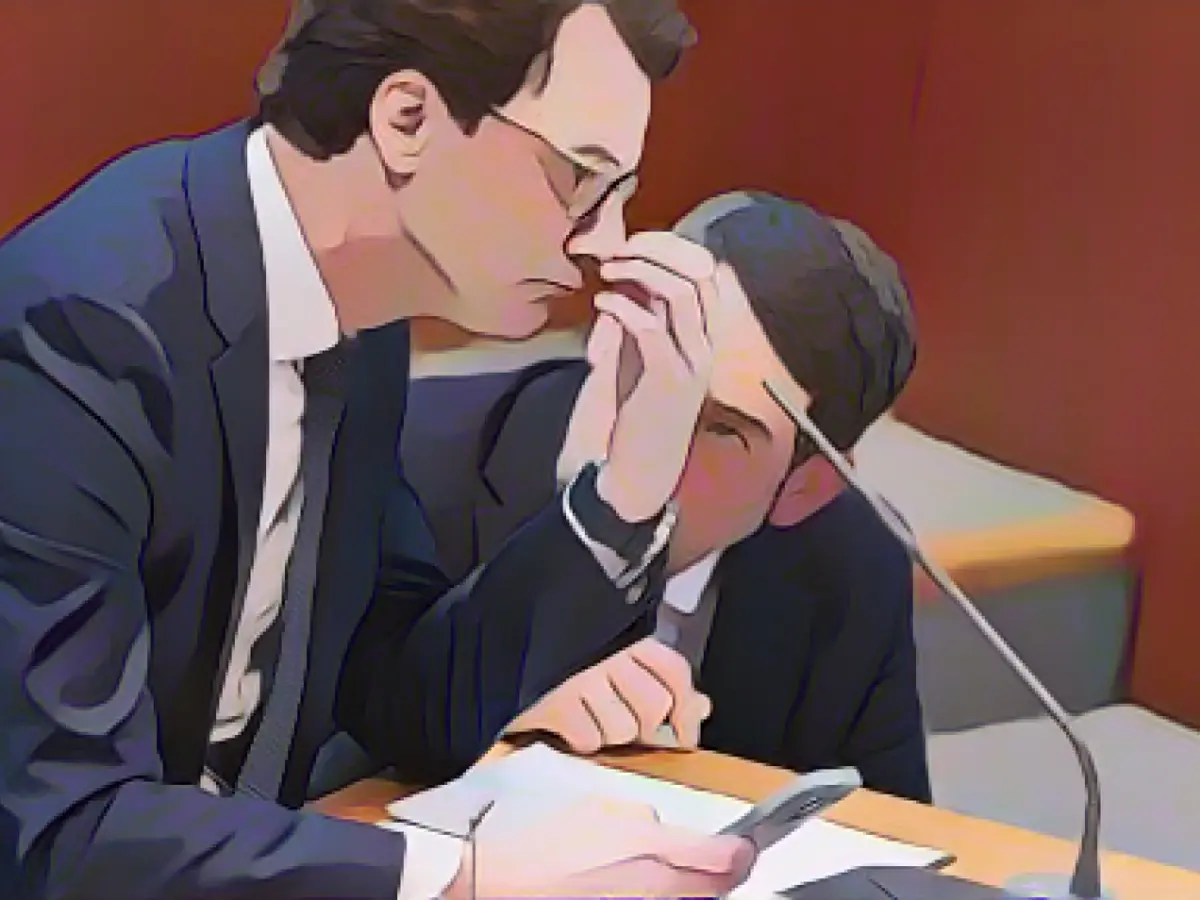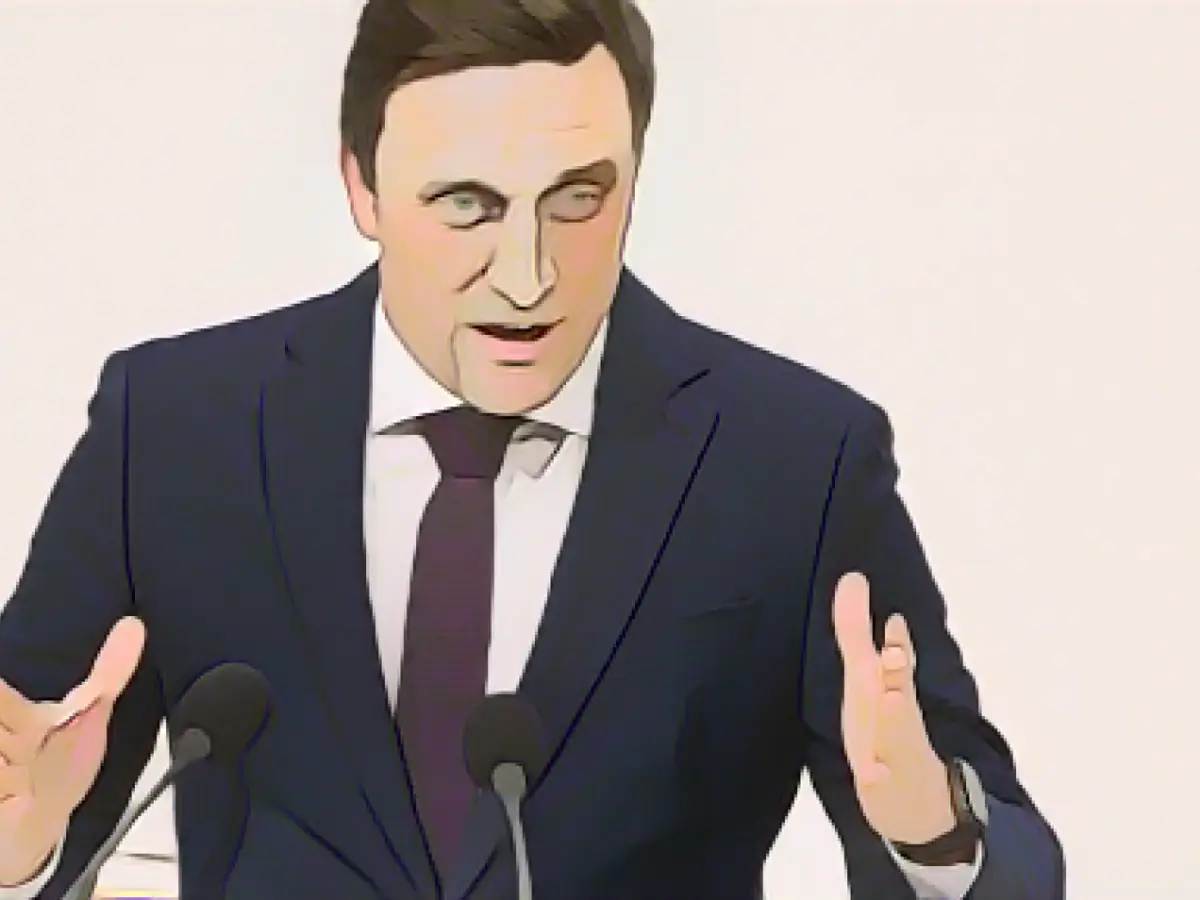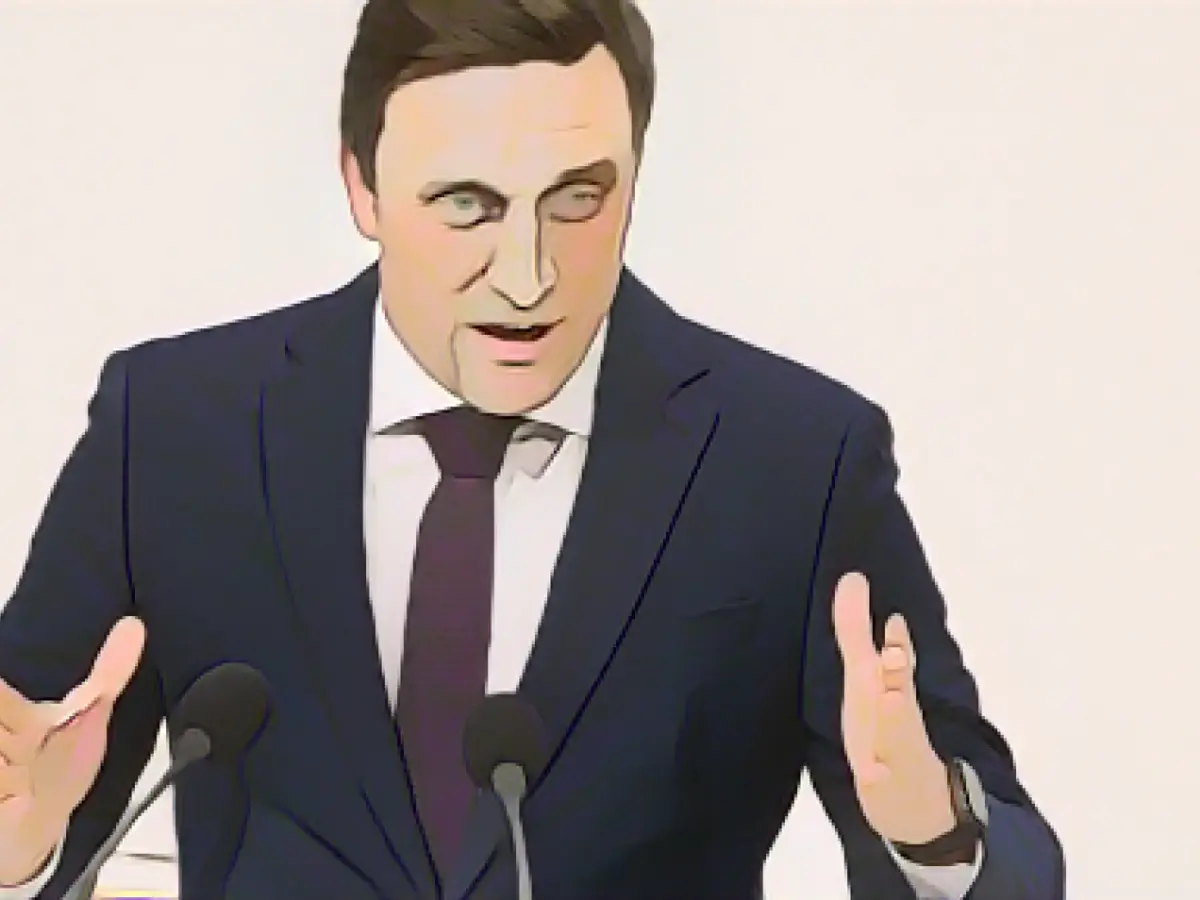"Financial Storm in Germany's Budget"
The global spotlight fell on Germany as news about a 60 billion euro hole in its federal budget swept the headlines.
Bloomberg summed it up bluntly: "Financial planning for Chancellor Olaf Scholz goes down the drain due to a 'black hole' in the budget".
Black holes in space are famous for devouring everything, even light. The last thing a government needs is a budget black hole swirling around financial stability.
The German federal government is aiming to quell the chaos. They've temporarily postponed deliberations on the budget and assured no immediate tax hikes. Instead, they plan to "save" the funds.
The Media's Reaction:
► The Economist: "German judges rock the government's spending plans. The €60 billion dispute causes instability in the coalition."
►The New York Times: "Court dictates that Germany cannot transfer Covid funds to climate projects. The decision threatens to create a fiscal chasm in the country and complicate the transition to a greener economy."
►The Financial Times: "Germany's highest court invalidates a 60 billion euro climate fund. Judges deem it illegal."
►CNBC: "German court thwarts Scholz government with budget ruling."
►AFP: "German court pierces a 60 billion euro hole into the budget with a debt ruling."
►Reuters: "The German government scrambles to assess the financial fallout from a constitutional court ruling, which nullified a $65 billion fund set aside for green initiatives and industry aid."
Thousands of jobs in jeopardy
The debt mechanism isn't being suspended. Instead, the government aims to cut, save, and eliminate expenses. And for 20 billion, not every cent needs to be saved in 2024.
Initial emergency measure:
Immediately following the ruling, Lindner ordered a financial blockade of the KTF. No funds will be discharged until the coalition establishes a savings plan, apart from heat pump and energy-efficient home renovation projects, as well as agreements already in place.
Everything else now hangs in the balance, including thousands of industrial jobs.
- The Constitutional Court's verdict poses considerable challenges for the Traffic Light coalition by ruling that Germany cannot allocate Covid funds to climate projects, potentially creating a budget deficit of 60 billion euros.
- Upon the judgment, Chancellor Scholz's finance minister, Christian Lindner, implemented an immediate financial hold on the KTF, stopping all funding until the coalition finalizes a savings plan – save for investments in heat pumps and energy-efficient home renovations.
- The Financial Times shed light on the implications of the court's decision, stating that Germany's highest court put a stop to a 60 billion euro climate fund, declaring it illegal.
- The AFP Agency highlighted the gravity of the court's ruling, stating that it punctured a 60 billion euro hole into the budget through its debt decree.
Source:
Enrichment Data:
The Constitutional Court's decision has larger implications for the handling of emergency funds and the federal budget. Here's what you need to know:
- Covid-19 Emergency Funds: In 2021, Saxony-Anhalt established a Covid-19 special fund of EUR 2 billion to promote the state's long-term social resilience. The fund was intended to be financed through a reserve utilizing emergency credit authorizations in 2021[1].
- Constitutional Court Ruling: The Federal Constitutional Court ruled that emergency credit authorizations had to correspond to associated spending in each year, rather than being used to generate budgetary reserves for future years. This judicial assessment was part of a broader challenge to the Second Supplementary Budget Act 2021, which the court declared unconstitutional[1].
- Implications for Saxony-Anhalt: To maintain the legal validity of its special fund, Saxony-Anhalt required declaring a perpetual emergency budgetary situation and implementing credit authorizations annually to fund expenditures under the special fund. However, this did not lead to an increase in borrowing, as the budgetary envelope for the special fund remained stable at EUR 2 billion[1].
- Federal Budget and Climate Projects: The ruling has implications for the federal budget, particularly regarding the transfer of funds from Covid-19 emergency measures to climate projects. But there's no direct reference to a 60 billion euro budget deficit directly stemming from this ruling. The prospect of significant fiscal repercussions stems from the broader context of financial management and balancing competing priorities in the federal budget[4].
- Fiscal Management and Debt Brake: The German government's financial management is also influenced by the debt brake, which sets a limit of 0.35% of GDP for structural deficits. Major spending increases, such as for climate projects, would require revisions to this rule, a contentious issue. Potential future chancellor Friedrich Merz has expressed openness to reforming the debt brake, however, faces hurdles in balancing fiscal responsibility with economic stimulus[5].
In conclusion, while the Constitutional Court's ruling has broader implications for the management of emergency funds and the federal budget, there's no direct reference to a 60 billion euro budget deficit resulting from shifting Covid funds to climate projects. The broader fiscal context and the necessity of striking a balance between competing priorities in the federal budget are critical factors in understanding potential fiscal consequences.








